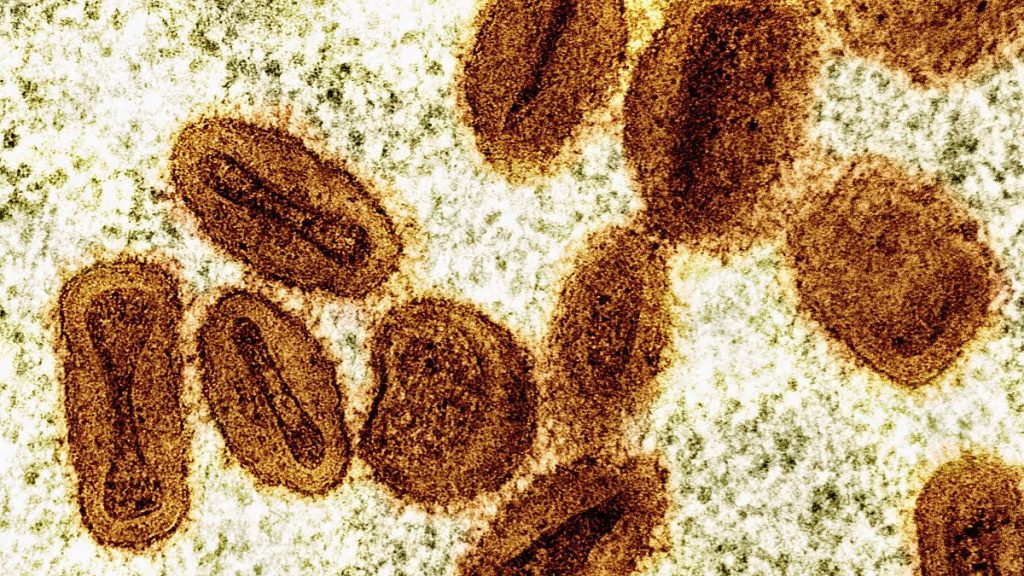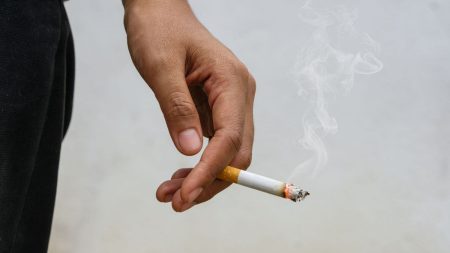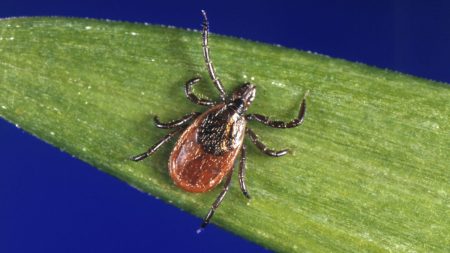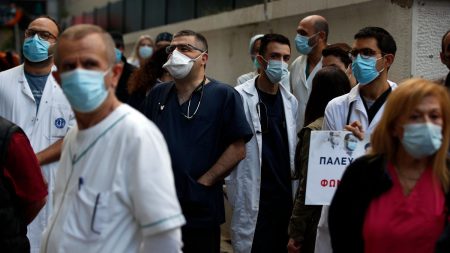The World Health Organization (WHO) has made a significant advancement in public health by approving the Lc16m8 mpox vaccine for emergency use, marking it as the second vaccine authorized by the UN agency and the first intended for children aged one year and older. This decision, announced on Tuesday, aims to enhance access to vaccination in communities experiencing surges in mpox cases, a viral disease characterized by symptoms such as fever, fatigue, and a painful rash. Particularly concerning is the rise in mpox cases among children, with reports indicating a more than 130 percent increase in the Democratic Republic of Congo (DRC), which currently faces the highest incidence of this virus.
The Lc16m8 vaccine’s approval is particularly pivotal as it serves to address the growing health crisis posed by mpox, which has recently seen dramatic increases in cases across various regions, especially in African countries. The vaccine is intended to be administered as a single dose to individuals aged one year and older, thereby expanding the pool of eligible recipients and providing a protective measure for younger populations. Prior to this, the WHO had already approved a vaccine from Danish manufacturer Bavarian Nordic in September, which was stipulated for use among infants, children, and adolescents in outbreak settings. This indicates a critical response to outbreaks where potential benefits clearly surpass risks, thus emphasizing the urgency of vaccination in managing public health threats.
The continuing prevalence of mpox is underscored by alarming statistics reported by the Africa Centres for Disease Control and Prevention (Africa CDC), which noted over 53,000 reported cases and around 1,100 fatalities spanning 19 African countries in recent months. The transmission of mpox occurs through close skin-to-skin contact with infected individuals or contaminated objects, leading to a compelling need for widespread immunization as a preventive measure. The WHO’s declaration of mpox as a global health emergency in August not only highlights the severity of the situation but also signifies the necessity for immediate and effective intervention strategies, including vaccination.
In light of the escalating crisis, Japan has also committed to donating 3.05 million doses of the newly approved Lc16m8 mpox vaccine, accompanied by specialized needles, to the Democratic Republic of Congo. This donation underscores international cooperation and the urgent need for resources in countries severely impacted by the outbreak. Dr. Yukiko Nakatani, WHO’s assistant director-general for access to medicines and health products, acknowledged that the approval of this vaccine is a “significant step” in the global response to the health emergency, providing new options for protecting all populations, including children, who are increasingly at risk.
The introduction of the Lc16m8 mpox vaccine is a part of a broader strategy to combat mpox outbreaks, which includes improved testing and diagnosis, effective treatment and care, and enhanced infection prevention and control measures. Essential to this comprehensive response is also the engagement and education of affected communities, which is critical for ensuring that individuals are informed about the risks associated with mpox and the importance of vaccination. The WHO’s proactive approach underscores the importance of public health initiatives in controlling infectious diseases and protecting vulnerable populations, particularly amid global health emergencies.
In conclusion, the authorization of the Lc16m8 mpox vaccine represents a critical development in the fight against mpox, especially given its implications for children’s health in areas heavily affected by the outbreak. As the WHO and international partners mobilize resources and educate communities, the emphasis on vaccination will be vital to mitigating the impact of the current health crisis. The collaborative efforts among nations, coupled with advancements in vaccine availability, highlight an essential step towards reducing mpox transmission and safeguarding community health. The ongoing efforts to curb this outbreak will no doubt require sustained commitment, comprehensive strategies, and global solidarity in addressing public health challenges such as mpox.














